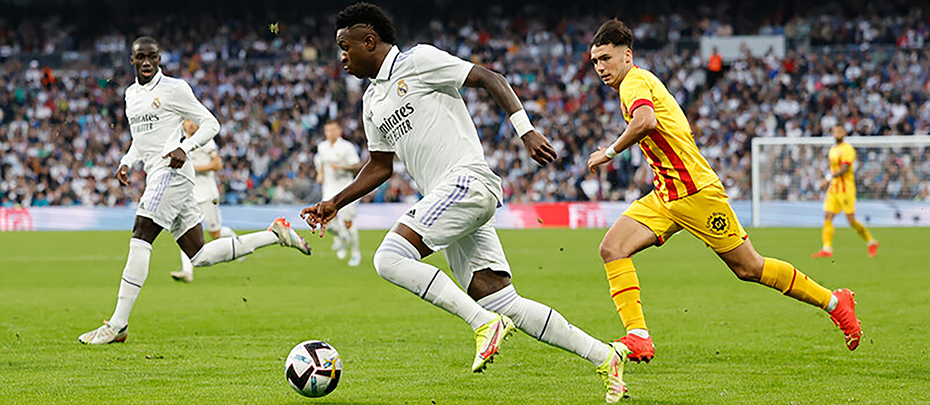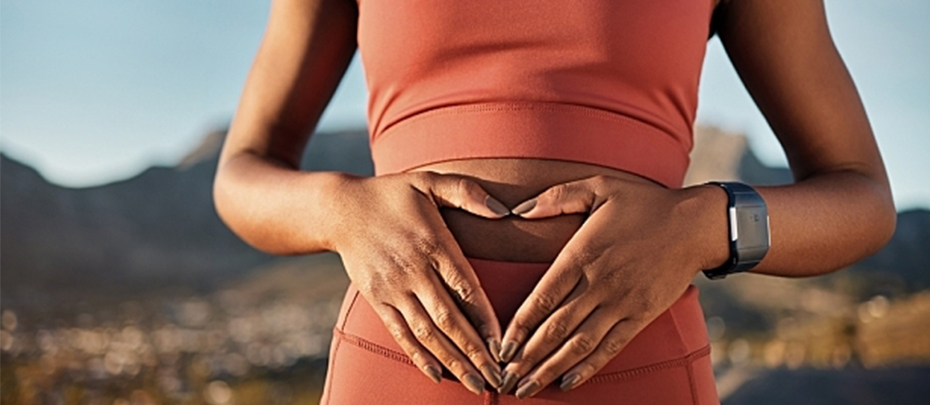Research shows that fluid loss greater than 2% of body weight can affect athletic endurance. For example, think of a 150-pound athlete who loses 3 pounds during exercise. At this level of sweat loss, the body heats up rapidly and may not be able to cool down properly. When fluid losses aren't restored, the body reaches a hypohydrated state, which can be associated with muscle cramps, impaired endurance, increased perceived exertion and reduced alertness and reaction time.
Rehydration for Athletes: Key Strategies
Maintaining adequate hydration before, during and after exercise (practice or competition) requires intentional fluid habits among athletes. Below is a list of key hydration strategies according to the position of the Academy of Nutrition and Dietetics, Dietitians of Canada and American College of Sports Medicine.
Before Exercise
Two to four hours leading up to exercise, an athlete should drink 2 to 4 milliliters per pound of body weight in fluids. For example, a 150-pound athlete would require 300 to 600 milliliters (approximately 10 to 20 fluid ounces) of water or an electrolyte drink. Urine should be pale yellow in color before exercise. This strategy can help to maximize safety and performance during exercise.
During Exercise
The goal during exercise is to maintain hydration and not allow more than a 2% loss in body mass. Generally, an athlete should drink approximately 14 to 28 ounces per hour; however, needs should be customized to an athlete's tolerance, experience and external factors (e.g., outside temperature, breaks for hydration, exercise intensity, etc.).
An athlete can calculate their sweat rate by subtracting their post-exercise body weight from their pre-exercise body weight and dividing it by the exercise duration. For example, if an athlete loses 2 pounds (or 32 ounces) during 1.5 hours of exercise, this equates to a sweat rate of about 21 ounces per hour. Therefore, they should ingest this volume to maintain hydration. Understanding sweat rate will allow an athlete to help maintain hydration for future practices or competitions.
After Exercise
The goal after training is to drink approximately 16 to 24 ounces of fluid for every pound of weight loss during exercise. Supplementing with food that contains carbs, protein and some fat will also support muscle recovery.
Composition of Rehydration Beverages
Water is necessary for hydration, but electrolytes are crucial for healthy nerve function, muscle contraction and enhanced fluid uptake. Therefore, beverage composition can play a key role in both hydration and rehydration.




Social Share